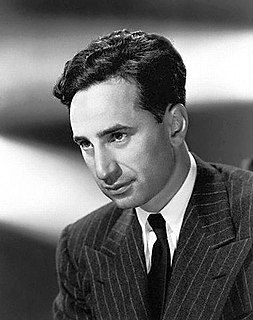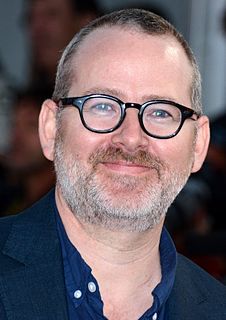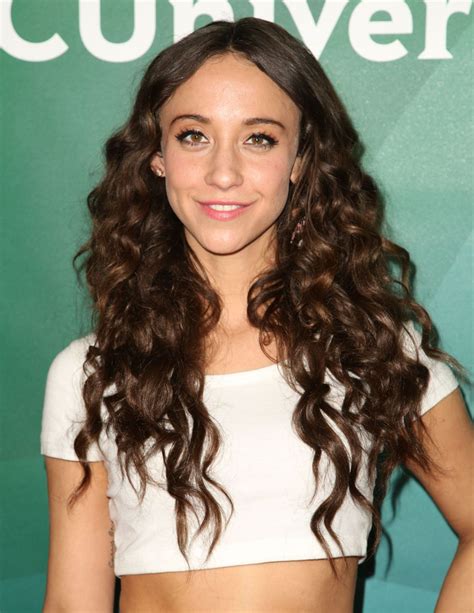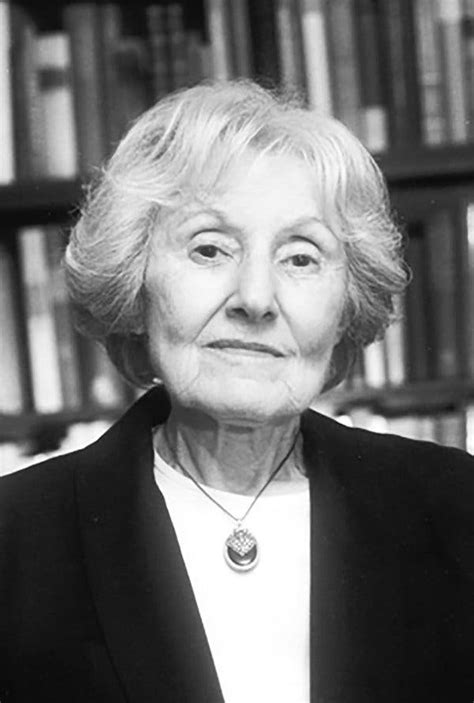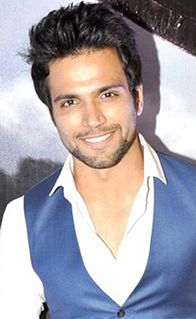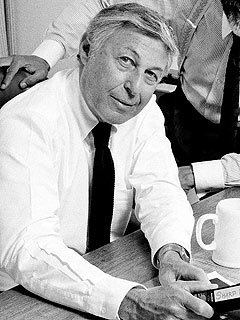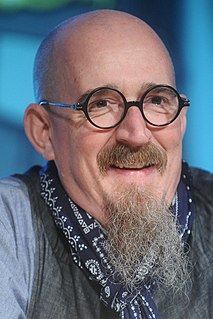A Quote by Elia Kazan
Look for the contradictions in every character, especially in your heroes and villains. No one should be what they first seem to be. Surprise the audience.
Related Quotes
Playing villains is very liberating because unlike the leading man, nothing is expected of you. Leading men have to look good, they have to behave in a certain way, they have to fulfill an audience's expectations. But as a bad guy, you have free license to take the audience by surprise. And that's what audiences want - they want unpredictability from their villains. The villain's job is to subvert it.
It's true in the beginning I started playing villains, and I think that's pretty clear, because if you don't conventionally look a certain way and you've got a certain kind of presence when you're young, then what's available to you is character roles, and the best character roles when you're young tend to be villains.
As an actor, you should always keep your trump card hidden from your audience. I want the audience to keep expecting more and more from me. I want to do 'different' work - good and memorable roles - so that audience appreciate me more. That's why I love to surprise my audience with something they never expect me to do.
It's a movie, OK? I went to see GONE WITH THE WIND, but did I really believe there was a guy named Rhett Butler who said, "Frankly, my dear, I don't give a damn"? No. Movies need heroes and villains, and real life doesn't usually have heroes and villains. Real life has a lot of shades of gray, and moves have black and white even when they're in color.
One of the reasons Batman works as a character is that it's not beyond possibility that he could exist - you could become Batman if you had a billion dollars at your disposal. There's nothing paranormal or superhuman or supernatural about that character. And I think his villains work the same way. You could be one of his villains just as easily.
